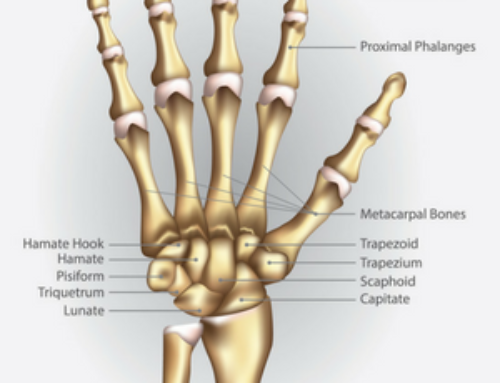What Your Chest Pain Means
Few things are as frightening as chest pains. The first thing that comes to mind is a heart attack. While chest pains and heart attacks often do go hand-in-hand, there are so many other conditions that can cause similar discomfort and pain. Some of the causes are quite serious and potentially fatal.
Chest pain is often described as squeezing, stabbing, tightness, pressure or general discomfort and it can occur in several different areas of the chest. As a result of some conditions, the pain may radiate or spread to other parts of the body. Chest pain is a symptom of many serious health conditions, including those affecting the heart and lungs. Many of these conditions require emergency medical attention.
What Are Chest Pains?
Chest pains are associated with a wide range of both life-threatening and non-life-threatening health conditions including heart attack, aortic dissection, pulmonary embolisms, panic attacks and heartburn. Generally, chest pain is divided into two classifications: cardiac chest pain and non-cardiac chest pain.
Cardiac chest pain is often referred to as angina. Several conditions that present with chest pains include heart attacks, atherosclerosis and coronary spasms. Non-cardiac chest pain is often associated with lung conditions, physical traumas, digestive conditions and panic or anxiety. (1)
The discomfort can come on quickly and occur in a variety of places, depending on the root cause. For example, if you experience pressure or burning along with shortness of breath, you may be having cardiac chest pains. If on the other hand, you experience chest pain, a rapid heart rate, an intense sense of fear and sweating, then you may be having a panic attack. Either way, seeking emergency medical attention is advised.
Less serious conditions that are associated with chest pains include panic or anxiety attacks, stomach ulcers, shingles, muscular/skeletal injuries, heartburn, GERD, gallstones and esophageal spasms. However, these conditions still need to be diagnosed appropriately to ensure that your chest pain isn’t associated with a more serious condition. (2)
Signs & Symptoms
Chest pain signs and symptoms vary quite widely. Here are the most common, broken down by root cause. (3)
Heart-Related Chest Pain Symptoms
- Crushing or searing pain that radiates from the chest, back, neck, jaw, shoulders and one or both arms
- A general discomfort that isn’t necessarily painful
- A pressure in the chest
- Fullness in the upper abdomen and chest
- Burning sensation in the chest
- Tightness in the chest
- Generalized pain that continues for more than just a few moments and gets worse with activity
- Pain that may come and go
- Shortness of breath
- Cold sweats
- Dizziness
- Weakness
- Nausea
- Vomiting








